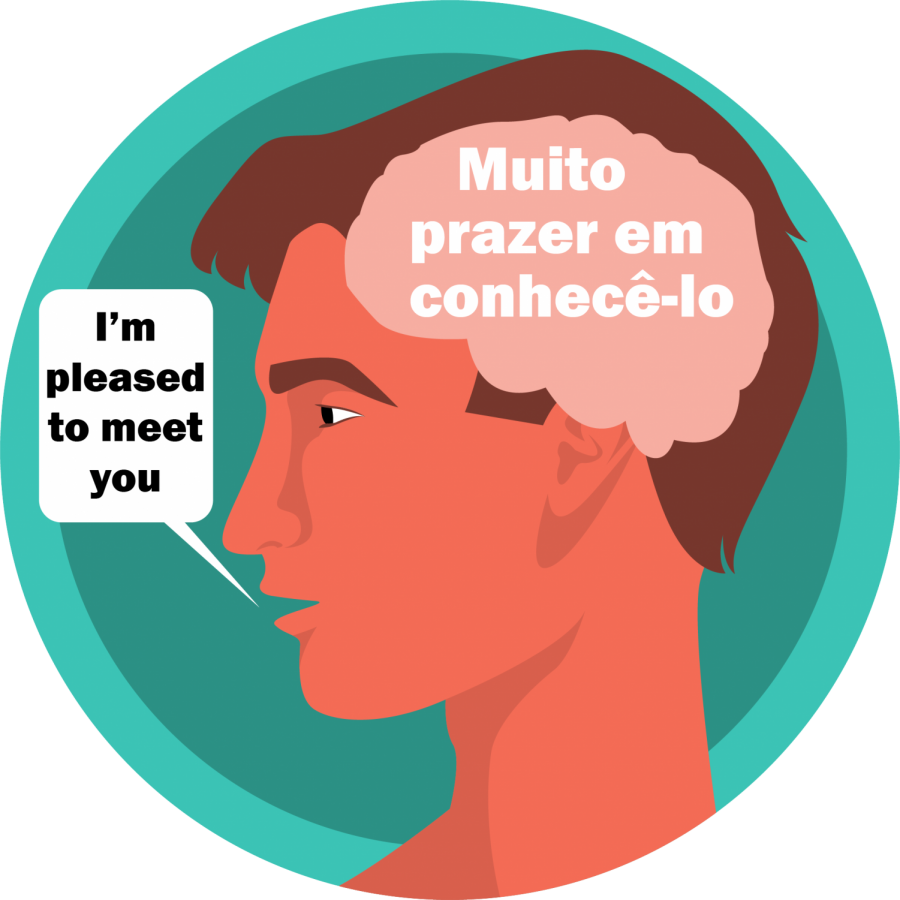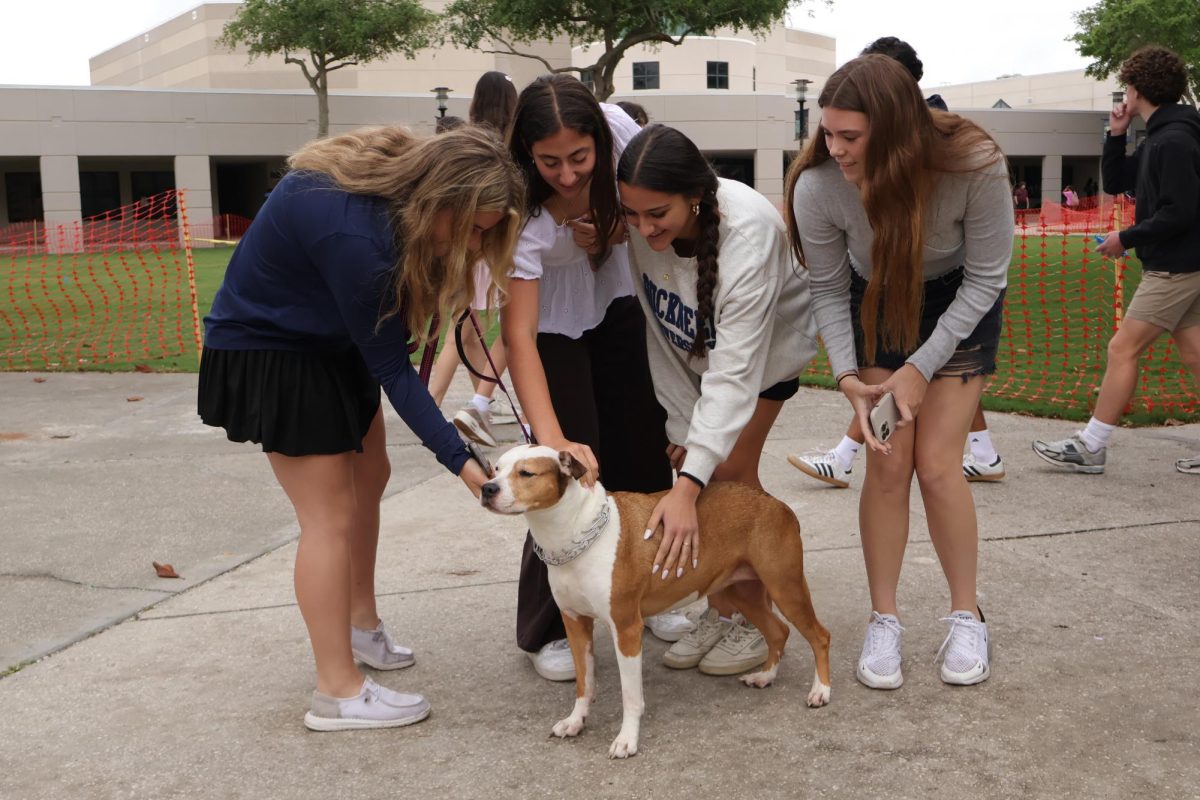Throughout history, communicating with others has continuously been one of the most crucial aspects of life. In almost every corner of the world, schools and teachers stress the value that learning a language has in our everyday lives. However, learning a foreign language is a long and difficult process that can’t only be taught through a textbook.
World language teacher Mariela Saad-Delgado was raised in Venezuela with part of her family Venezualan and the other half Lebanese. As a result, she grew up learning how to speak both of her family’s foreign languages, Spanish and Arabic.
“I grew up with those languages, but even from a young age I wanted to get better and better at them … I wanted to [eventually] be able to use them for my profession,” Saad said.
Through school and her travels around the world, Saad started to learn more languages.
“English was more cultural and something my parents told me I had to learn because it is the language of business,” Saad said. “But in Venezuela, they teach us English at school, but it’s only a couple hours a week, so I would have a tutor, so I would have daily lessons to learn English.”
The knowledge gained from learning a new language through experience and your environment is distinctly different than learning a new language through school.
“For example, Arabic, growing up you know how to speak it, but you really need to study it to know how to read and write it,” Saad said, “Having the experience and getting involved [with the language] like going to a new country, will help you learn and understand it faster because sometimes going by the book isn’t enough.”
A study by the European Commission found that 90% of European schoolchildren learn English during their upper secondary education. Meanwhile, only 58% of middle schools and 25% of elementary schools offer a foreign language other than English according to a 2017 study by the Commission on Language Learning.
Senior Caio Marques learned the English language from an American school in Brazil but said it took him about a year since moving to America to become fully competent in communicating with his peers and classmates.
“[The difficulty] is more about the culture than it is straight-up about the language,” Marques said. “It’s [more] casual, and the words that you commonly use are different, so that was harder for me.”
Marques said that each of the methods of learning a foreign language has their benefits.
“If you learn it at school, you learn the correct way of conjugating verbs and other [formal] things,” Marques said. “But if you only learn how to socialize with people then you can still hang out with native speakers.”
The biggest factors in adapting to a new language are repetition and frequent practice.
“The more you speak the language, the more you try to communicate, the more you listen, the more you surround yourself with the language the better [you’ll get],” Saad said.
Saad says that while she continues to use English in almost every moment of her life, she values the importance of continuing to speak other languages.
“If I don’t keep practicing my Spanish or call my family and talk to them then … [I] have to start thinking about [to use] the words because … [I’m] not using them as much as [I] used to,” Saad said.
While approaching a foreign country may seem frightening from a communication perspective, Saad and Marques both have had positive experiences.
“If you go to Europe, they have people there who speak English,” Marques said. “But if it’s a foreign country that isn’t invested in English, then I recommend getting a local or a tour guide to help you out.”
Saad said that the most important aspect is to keep trying to speak the language and to realize that making mistakes is something everybody does when learning a new language.
“The key to learning a new language is to keep trying,” Saad said. “And most people are going to be very friendly and appreciate that you’re trying hard to speak the language.”
So while many of us can’t imagine moving to Spain without knowing Spanish or France without knowing French, Saad encourages everyone to try.
“If you don’t have enough confidence [to do it] or you’re not going to try to learn [the language], then that’s a big mistake,” Saad said.











